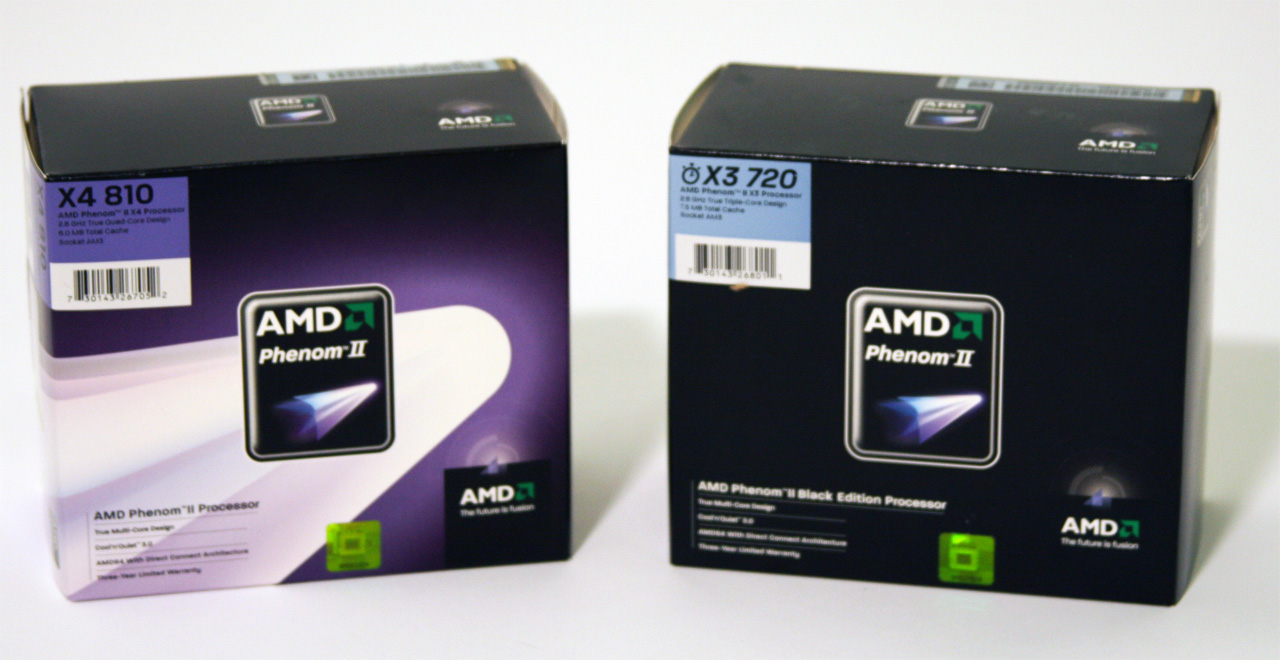AMD Blocks Unlock; Gigabyte Fights Back
While meeting with Gigabyte at Computex, we were let in on a little bit of information regarding AMD's unlock-block for new Phenom II CPUs.
As many already know, it's possible to unlock the disabled cores on recent Phenom II processors, allowing you to get up to 4 cores working. Many who have tried this say that they gain some considerable speed, but there's a risk. The cores are disabled for a reason: they don't work properly. Because of this, AMD will, for example, sell a 4-core processor at 2-cores, for a much cheaper price.
AMD announced that it would release new microcode for motherboard BIOS updates that will disable the core-unlocking feature, preventing people from going to 4-cores if they purchased say a dual-core Phenom II.
The solution is not to upgrade your motherboard's BIOS if you have a board that can unlock cores.
But what if your motherboard maker releases BIOS updates that add or fix features? You would have to choose. Do you want fixes and improvements or do you want to stick with the ability to unlock CPU cores?
Gigabyte says you don't have to on its motherboards with Dual-BIOS technology.
Essentially, Gigabyte said that it will store the old microcode in the secondary BIOS chip, and allow you to do normal BIOS updates on the primary chip. Does this mean that you can't have a backup firmware of your latest BIOS should the first chip corrupt? Gigabyte told us no. The company has upgraded its BIOS chips to be able to store extra information.
Get Tom's Hardware's best news and in-depth reviews, straight to your inbox.
The secondary BIOS chip will still backup your BIOS as usual, but have room for the old AMD microcode. When you update your BIOS, your system will boot using the new BIOS code but it will be injected with the old AMD microcode, allowing you to continue to unlock your CPU cores.
Kudos to Gigabyte for this feature.
